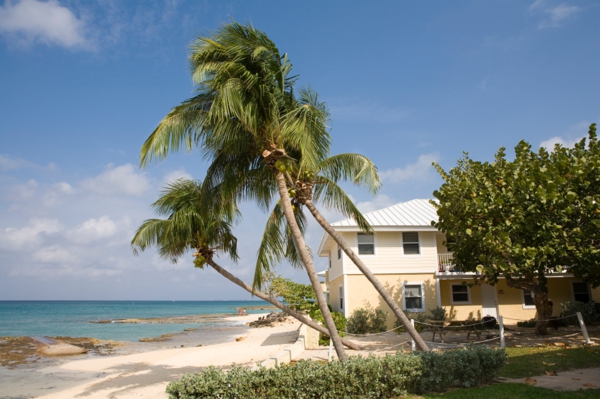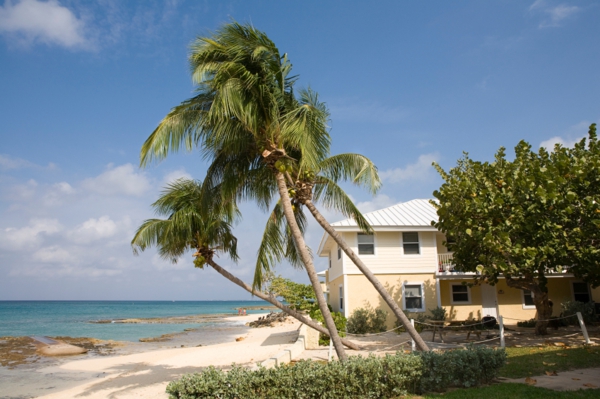Buying real estate to use for holiday lettings purposes is a grand idea that can yield considerable profits for you. You may purchase your property with a combination of your own down payment coupled with a mortgage. Your mortgage payment may be paid for with income from holiday lettings, and you may even enjoy a profit from your holiday lettings too. In addition, the property may appreciate in value over time, adding to the financial benefit of your investment. The purchase of the right investment can indeed be lucrative, but it is important to consider the implications of taxes on your investment.
Different Taxing Authorities
The taxation rules regarding rental properties and holiday lettings varies from country to county. In many countries, a property owner is required to pay rental income taxes in the country where he lives as well as in the country where the property is located. If you have not already purchased a property, it is wise to research the taxation rules within your own country as well as in the country where you are thinking about buying real estate thoroughly as part of your buying decision. This can have a significant impact on the net profit you generate from your property.

The Difference Between a Furnished Holiday Let and a Rental
If you live in the United Kingdom, it is important for you to differentiate between a rental property and a furnished holiday let. A furnished holiday let does have tax advantages associated with it, but there are specific rules in place that must be met in order to qualify for these tax advantages. For example, the property has to be available for letting for at least 140 days of the year, and the property must actually be let out for a specific number of days each year. More than that, the property must not be let out to an individual with a short term lease that does not exceed 31 consecutive days.
When You Sell the Property
As you own your property, you may keep tabs on its market value in comparison to the amount owed on your mortgage. As the equity in the property grows, you may consider selling the property and recouping the equity in your property. However, you should be aware that there are capital gains taxes due on your net profit from the sale. This tax may be alleviated or delayed if you take advantage of the Business Asset Roll Over Relief by investing the profits into another qualifying property.
The fact is that the taxation rules regarding holiday lettings and rental properties can result in significant cost to you. By understanding the rules in place, you can select a property that minimizes your tax liability and that maximizes your profits. In addition, you should consider working with a taxation or accounting expert to determine how the taxes due on your investment will affect your overall tax liability on a yearly basis. By taking these steps, you can enjoy the maximum benefit from your holiday lettings.
Will writes for Cove Cottages who are the St Agnes Accommodation specialists. For a Dog Friendly Self Catering in beautiful Cornwall visit http://www.covecottages.co.uk.

